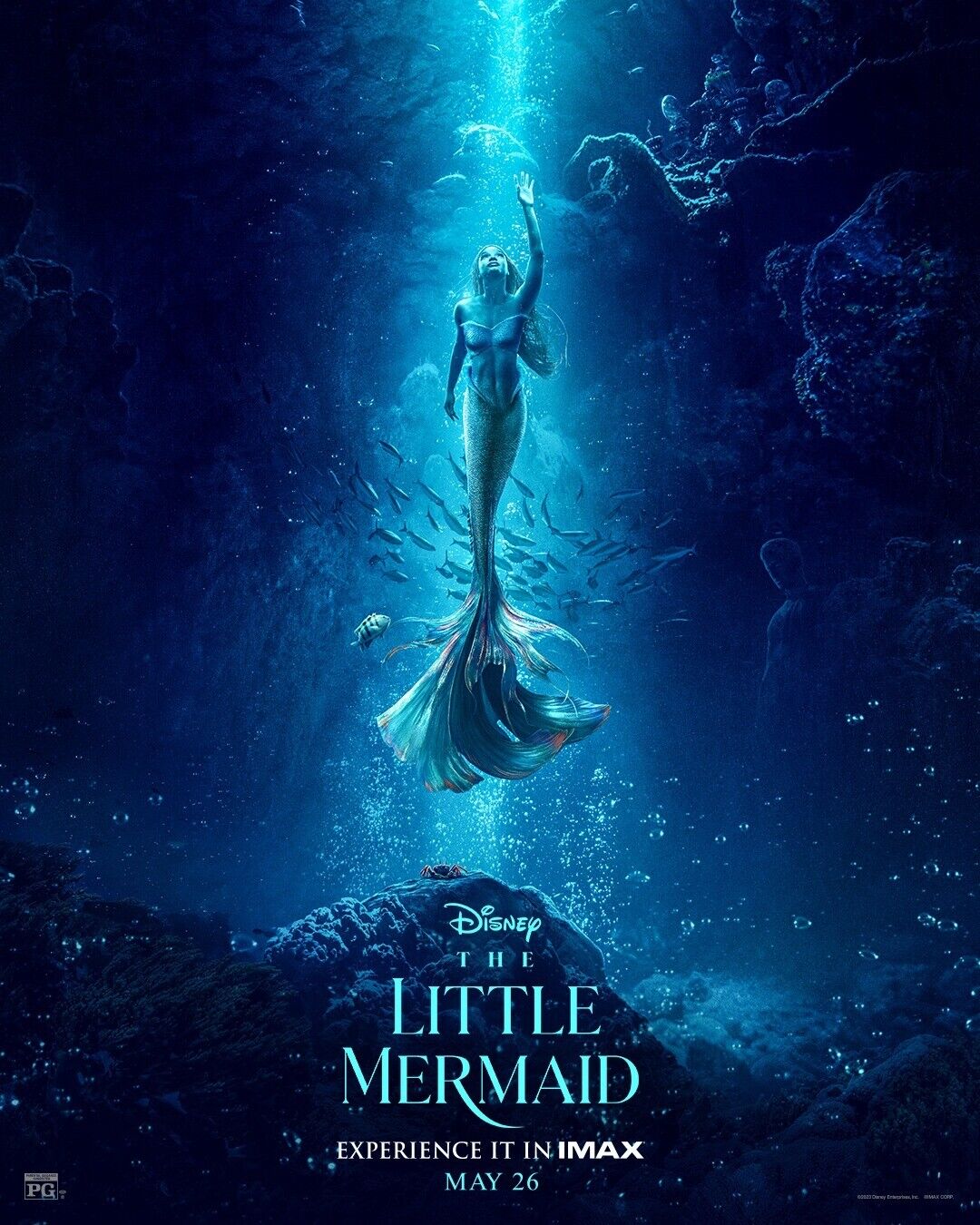Introduction
With the release of the live-action remake of The Little Mermaid, Disney will almost assuredly see its last billion-dollar box office remake of a beloved classic. Like The Lion King, Aladdin, and Beauty and the Beast before it, The Little Mermaid will benefit from my generation reminiscing about the good ol’ late 1980s and early 1990s. Among the many things we remember as children during that time was enjoying the animated film renaissance that began with The Little Mermaid in 1989. No price is too high to pay to try to recapture that feeling.
In terms of Disney animated movies people will pay to see remade, those four are gimmes while the rest are a coin flip, if not a straight *raspberry noise.* Remakes of Alice in Wonderland and The Jungle Book wound up grossing around $1 billion at the box office and it goes downhill fast after that. Think I’m exaggerating? Name the Disney animated feature that was released immediately prior to the original The Little Mermaid, or immediately after the original The Lion King, for that matter. Exactly. My cousin remembers Oliver and Company in 1988 and few remember Pocahontas in 1995. None of them want to see a live-action remake of either of them. The upcoming Snow White and the Seven Dwarves has a chance, but I’ll take the under.
Analysis
Because Disney wanted to make sure they got every last dollar out of our nostalgia with zero risk, Aladdin, Beauty and the Beast, and The Lion King were near carbon copies of the originals. Wouldn’t want to offend our inner children, right? The Little Mermaid is no different. There are slight tweaks to a few of the familiar scenes, as well as a couple of new scenes featuring new songs (from Lin-Manuel Miranda and Alan Menken). Much to our chagrin, however, they cut out the scene where Chef Louis tries to cook Sebastian while singing “Les Poissons.” But the rest of the film is exactly how we remember it.
As with the other three “big four” movies, The Little Mermaid suffers from not being animated and losing much of the charm from the original. It’s weird to say that about a movie that is stuffed full of CGI, but here we are. It’s not that they couldn’t have recaptured it, but one reason they don’t is that they keep making the same bad decision to make the animals look as real as possible. In the animated versions, all of the creatures are drawn with human characteristics – eyebrows and human mouths, for example – in order for them to be more expressive.
Take Flounder for example. We don’t have to hear what cartoon Flounder is saying to know whether he is happy, sad, scared, or determined. It’s right there on his face. Conversely, CGI Flounder is an expressionless fish who emotes exclusively through dialogue. When we describe an actor as wooden, CGI Flounder epitomizes that description. To be fair, Scuttle (the seagull) and Sebastian (the crab) come off a lot better than Flounder does. But, Scuttle and Sebastian have the advantage of jointed limbs and charismatic actors voicing them (Awkwafina and Daveed Diggs, respectively) to cover for the lack of human facial traits. Sebastian also has cartoonish eyes that provide a bit of additional expression, which proves that the other characters could also have been embellished with CGI.
Further Discussion
On the human side, Javier Bardem’s King Triton is about as wooden as they come. Sure, Bardem looks like he’s expressing the same emotions we saw in the 1989 version of the Triton exhibit. However, he’s not convincing at all. Look no further than the scene where Triton destroys Ariel’s treasure room. We’re supposed to believe he’s in a rage. But that’s just the laser-shooting trident talking. Triton seems mostly just annoyed in the same way I am when my son won’t put down his iPad and clean up his dishes. Maybe if I had a magic trident…
The other three main actors gave a solid performance. However, again, nothing really stands out. If anything, they seem to be doing everything in their power to mimic their predecessors. Halle Bailey (Ariel) has a gorgeous singing voice and sounds very much like a sixteen-year-old girl. Jonah Hauer-King (Prince Eric) looks like what a CGI version of animated Prince Eric would look like. He also delivers perhaps the sincerest performance of anyone in the film. Finally, we have Melissa McCarthy delivering an Ursula that is such a spot-on impression of Pat Carroll (the original voice of Ursula) that I’d believe McCarthy literally has the soul of Carroll possessing her.
Conclusion
When it comes to remakes, The Little Mermaid is among the better remakes. It’s also among the less interesting. The CGI effects and scenery are breathtakingly gorgeous, especially the aesthetics of the mer-people. The story and its beats are identical to the original. This is good for those who’ve never seen the original and comforting at best for those who have. You’ll find yourself happily singing along with the old songs. At the same time, you’ll instantly forget all but one of the new songs (“The Scuttlebutt” sung by Diggs and Awkwafina). Also, there are somehow fifty-three more minutes of a new movie that adds absolutely nothing to the story. Not even a subplot. All of that put together leaves your nostalgia intact unless you really, really miss hearing “Les Poissons.”
Rating: Don’t ask for any money back because you knew Disney would play this one straight.
Directed by Rob Marshall and starring Halle Bailey and Jonah Hauer-King, The Little Mermaid is scheduled to be released theatrically on May 26, 2023, by Walt Disney Studios Motion Pictures.
